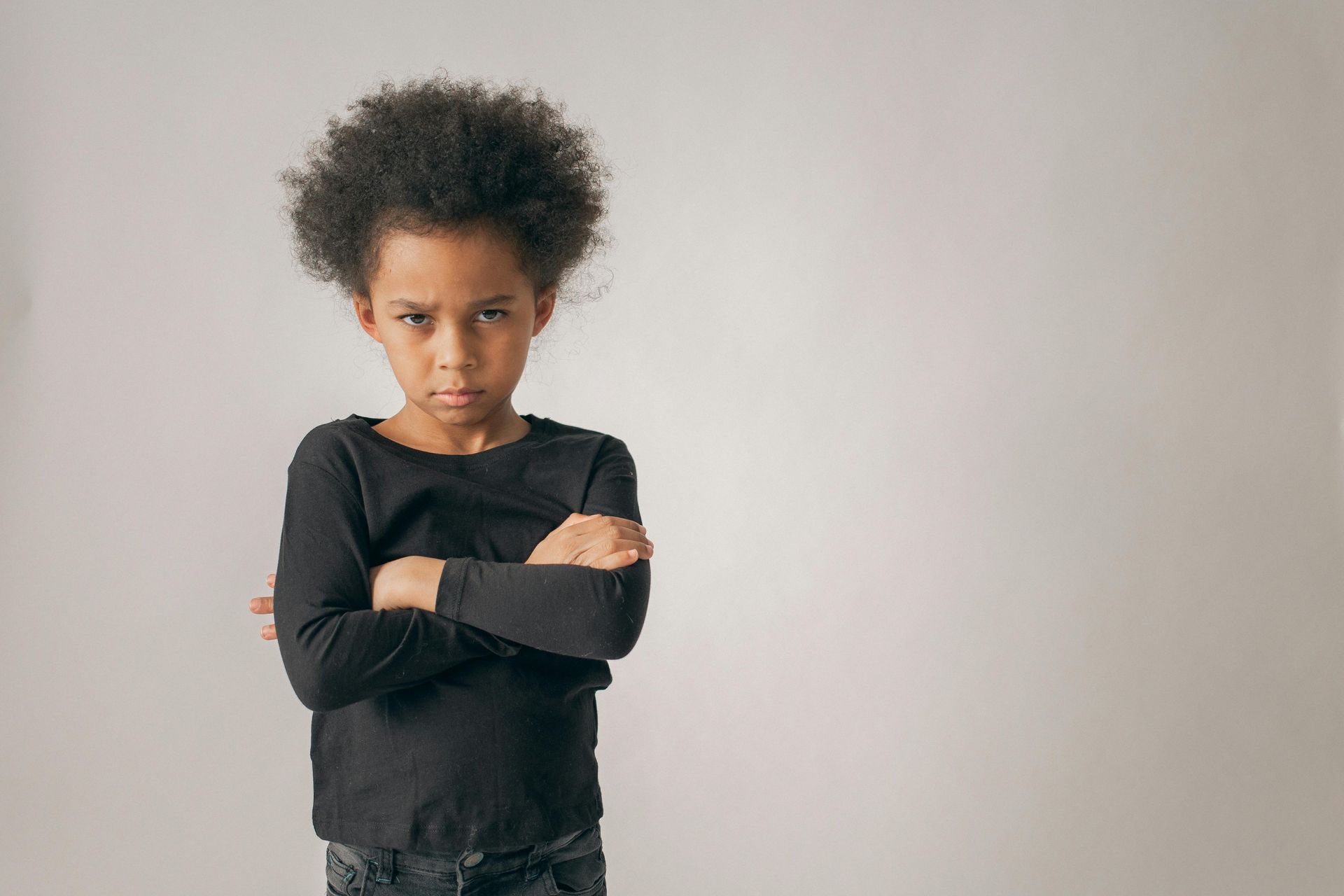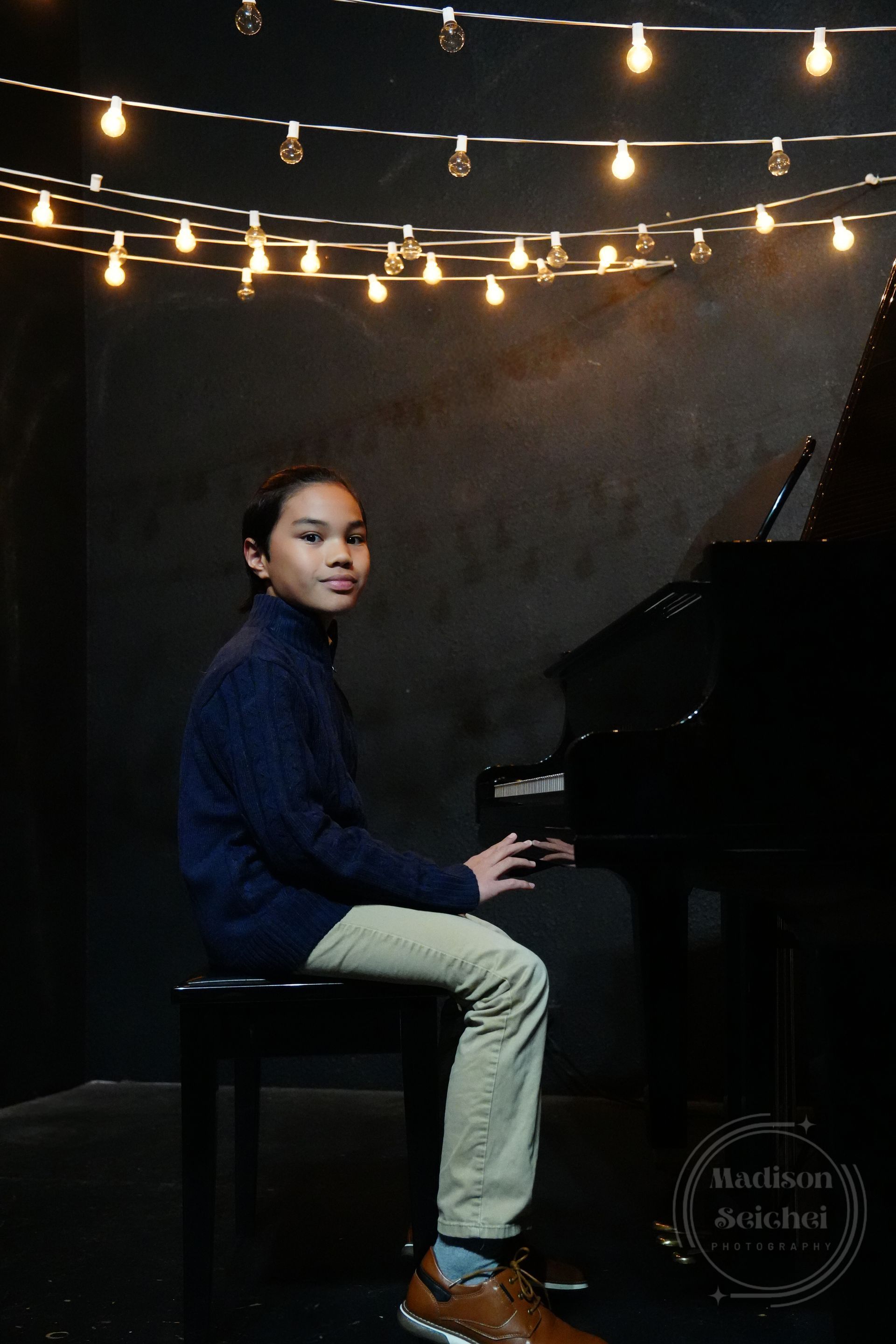By Michael Hemsworth
•
October 27, 2025
If you’ve ever wished your child would sit down to play piano without being reminded, here’s a secret: it’s not always about motivation - sometimes it’s about environment. A child’s surroundings can completely change how they feel about practicing. Just like reading under a favorite blanket feels better than reading under a flickering light, the right space can turn piano time from a chore into a joy. Here are five simple ways to create a music corner that makes practice time feel natural, peaceful, and fun. 1. Put the Piano Where Life Happens If your child’s piano or keyboard is tucked away in a spare room, they might feel like practice means “disappearing.” Instead, place it somewhere visible — in the family room, near a window, or anywhere your household gathers. When music feels like part of everyday life, kids are more likely to explore it naturally — without you needing to ask. 2. Make It Bright, Comfortable, and Welcoming Kids are drawn to spaces that feel good to be in. Add warm light, a comfy bench, and maybe a splash of their personality — artwork, a plant, or a favorite stuffed animal sitting nearby. When their space feels inviting, they’re more likely to sit down, relax, and focus on the joy of making sound. 3. Keep Essentials Within Reach Missing pencils or music books can break the rhythm fast. Keep everything your child needs in a small basket near the piano — books, pencils, stickers, metronome, maybe even a notebook for song ideas. Having the tools ready turns practice into a flow, not a scramble. 4. Invite the Family to Listen A child’s confidence grows when music becomes something shared. Even five minutes of attention can make a big difference. Sit nearby with your coffee, ask them to teach you a few notes, or cheer when they finish a piece. When kids know you’re listening, they play with more pride and purpose. 5. Clear Out the Clutter A calm space makes for calmer practice. Keep the top of the piano clear of papers, toys, or distractions. Add something small that says, “This matters” - a plant, a candle, or a handwritten note that says, “I love hearing you play.” Small visual cues remind your child that music is a valued part of home life, not an afterthought. 💛 A Note for Parents A “music corner” isn’t about making a perfect space — it’s about making a welcoming one. When kids associate piano with warmth, belonging, and encouragement, practice stops feeling like a task and starts feeling like a gift.






